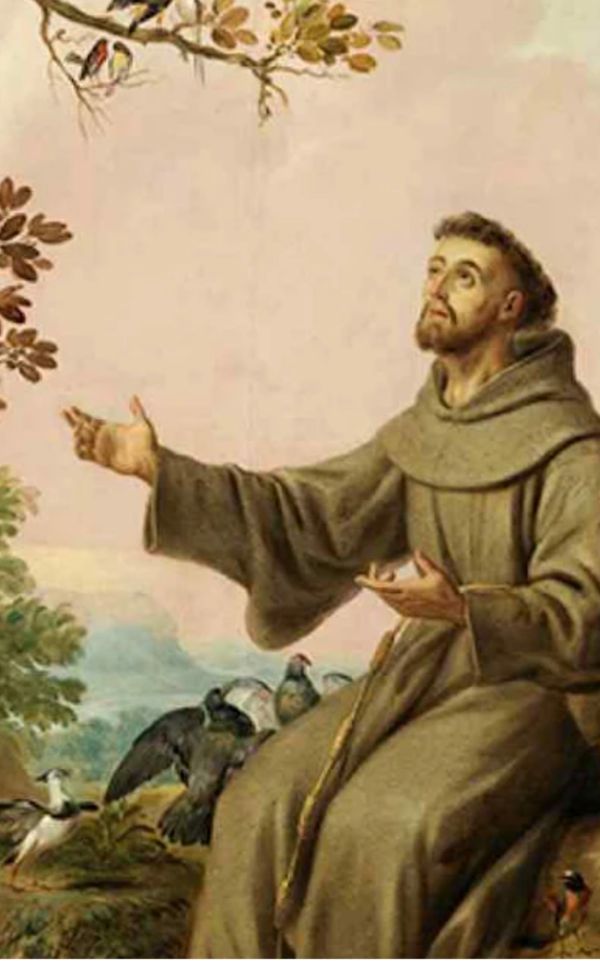Scientists and Lowlies: abstract world and incarnation
(Lk 10:17-24)
Unlike the fruitless action of the Apostles [Lk 9 passim], the return of the new evangelizers is full of joy and results (vv. 17-20). Why?
The leaders looked at religiosity with purposes of interest. Theology professors were used to evaluating every comma starting from their own knowledge, ridiculous but opinionated - unrelated to events.
What remains tied to customs and usual protagonists doesn’t make us dream, it’s not amazing appearance and testimony of Elsewhere; takes away expressive richness from the Announcement and life.
The Lord rejoices in his own experience, which brings a non-epidermal joy and a teaching from the Spirit - about those who are well disposed, and able to understand the depths of the Kingdom, in common things.
In short, after a first moment of enthusiastic crowds, the Christ deepens the issues and finds himself all against, except God and the leasts: the weightlesses, but with a great desire to start from scratch.
Glimpse of the Mystery that lifts history - without making it a possession.
At first even Jesus was amazed by the refusal of those who considered themselves already satisfied and no longer expected anything that could overcome habits.
Then He understands, praises and blesses the Father's plan: the authentic Person is born from below, and possesses «the sense of neighborhood» (FT n.152).
The Creator is Relationship simple: He demystifies the idol of greatness.
The Eternal is not the master of creation: He is Refreshment that reassures us, because makes us feel complete and lovable; He looks for us, pays attention to the language of the heart.
He’s the Tutor of the world, even of the uneducated - of the «infants» (v.21) spontaneously empty of arrogant spirit, that is, of those who do not remain closed in their sufficient belonging.
Thus the Father-Son relationship is communicated to the poor of God: those who are endowed with the attitude of Family members (v.22).
Insignificant and invisible without great external capacities, but who abandon themselves to the proposals of the provident life that Comes, like babies in the arms of their parents.
With a pietas’ Spirit that favors those who allow themselves to be filled with innate wisdom. The only reality that corresponds to us and doesn’t present the "account": it doesn’t proceed along the paths of functional thinking, of calculating initiative.
Sapience that transmits freshness in the willingness to personally receive welcome restore the Truth as a Gift, and the spontaneous enthusiasm itself, capable of realizing it.
A simple blessing prayer, for the simple - this one from Jesus (v.21) - which makes us grow in esteem, fits perfectly with our experience, and gets along well with ourselves.
It does not presuppose the energy of 'models', nor the aggressive power of “bigwigs”.
In the perspective of the Peace-Happiness [Shalom] to be announced, what had always seemed imperfections and defects become preparatory energies, which complete and fulfill us also spiritually.
And instead of only living with the “big” and external, one must live in communion even with the 'small' of oneself, or there is no amiability, no authentic life.
To internalize and live the message:
How do you feel when you hear yourself say: «You don't count»? Does it remain a humiliating contempt or do you consider it a great received Light, as Jesus did?
[Saturday 26th wk. in O.T. October 5, 2024]












